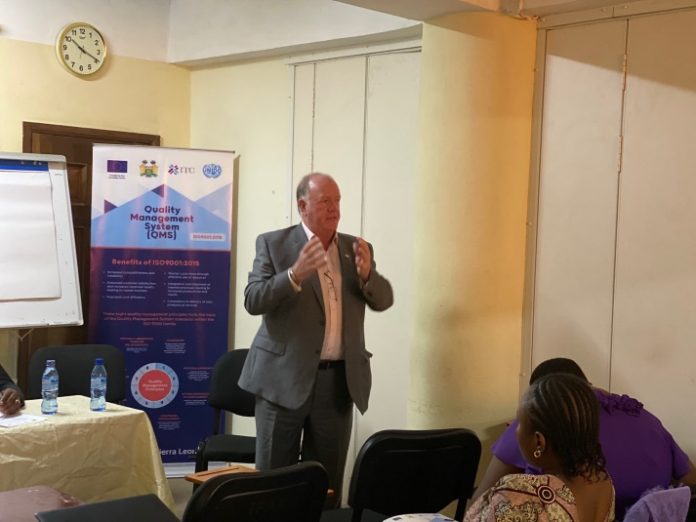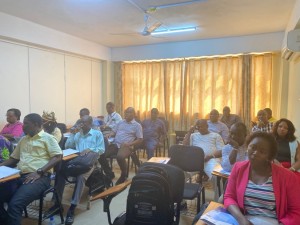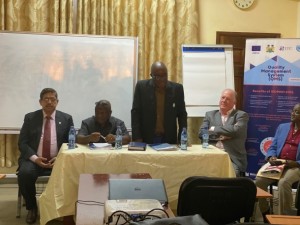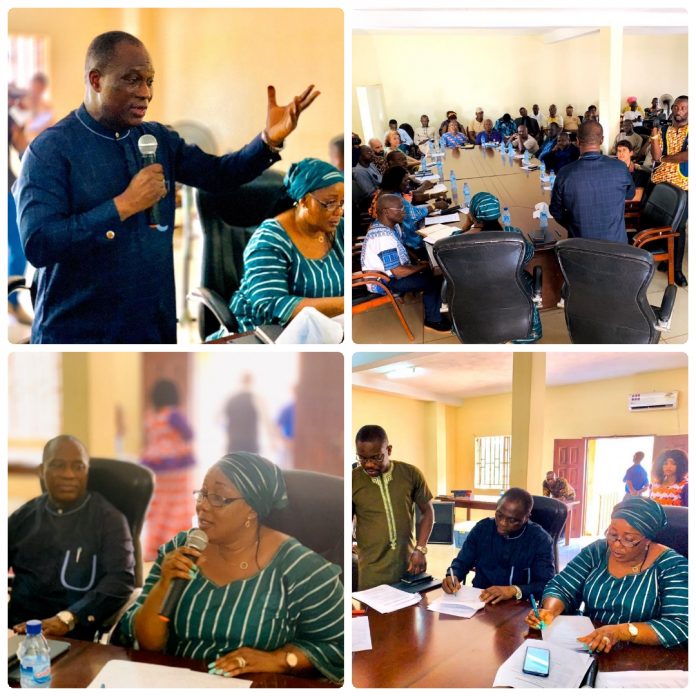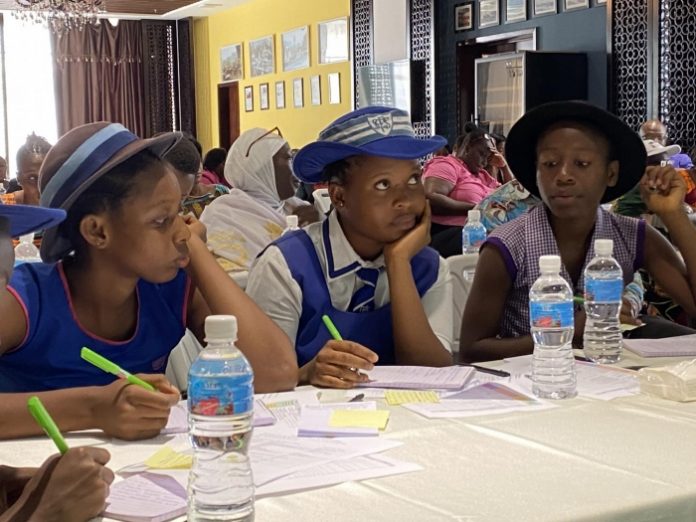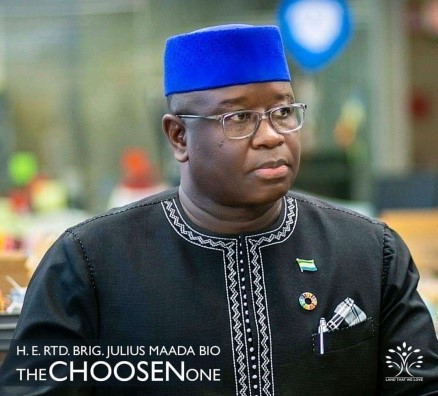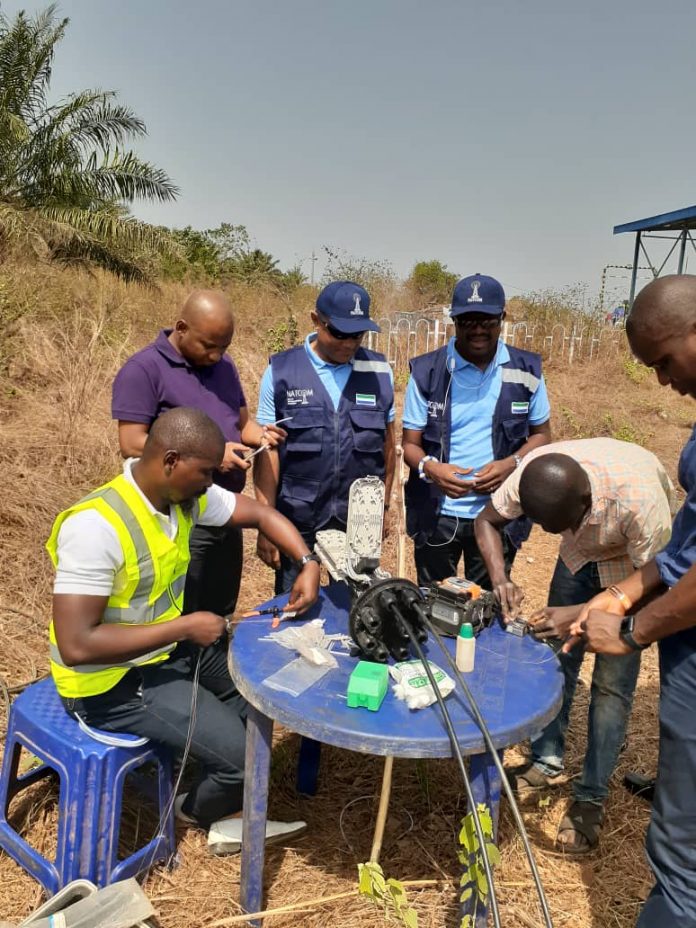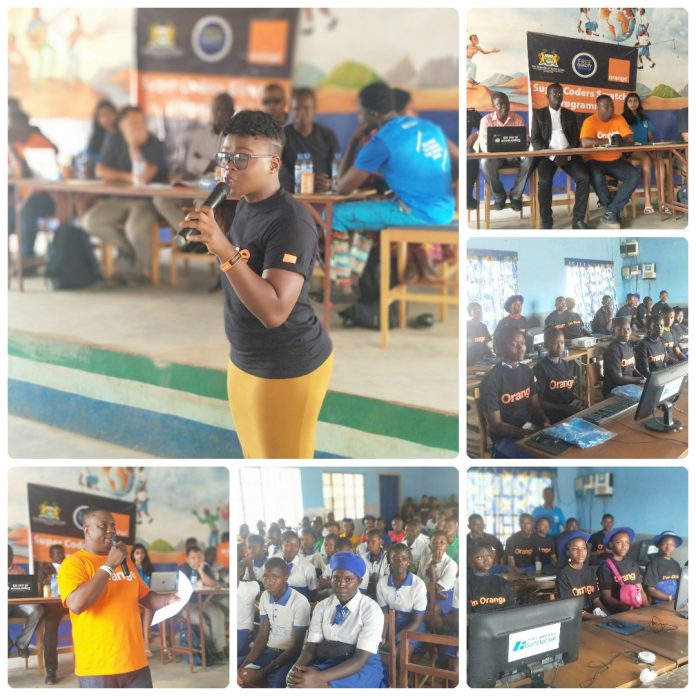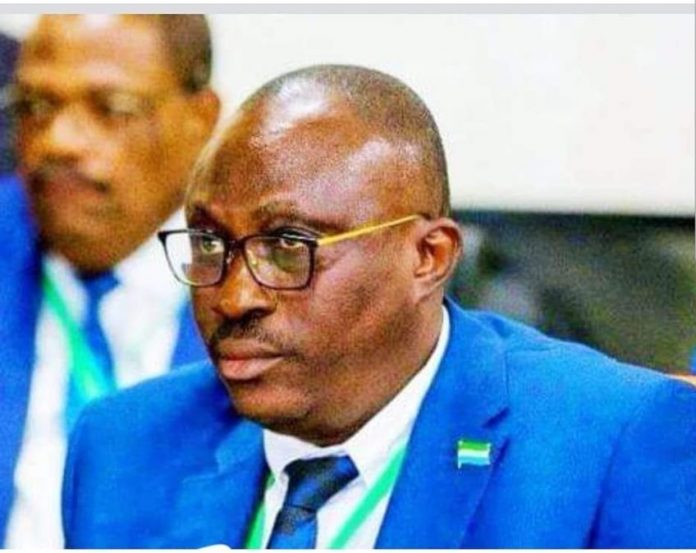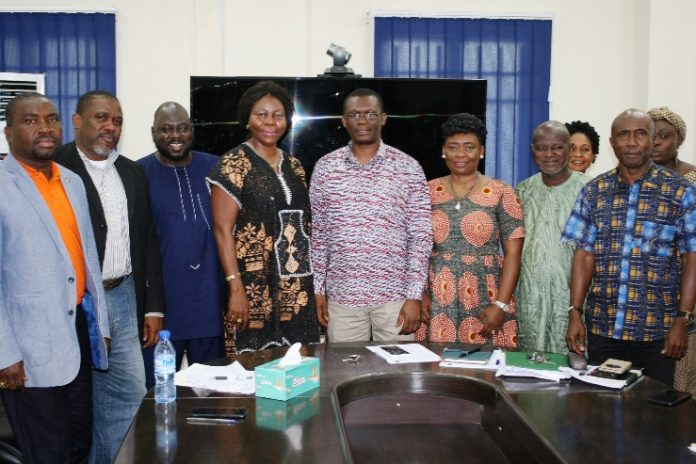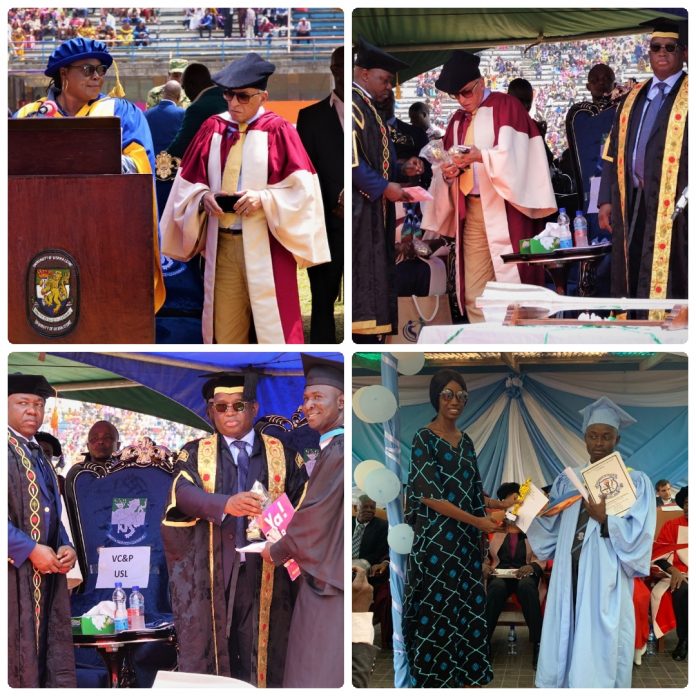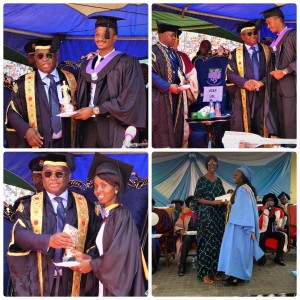By Edward Vamboi
Ministry of Health and Sanitation (MOHS) together with their partners have organized a two day conference to validate Hepatitis B and C guidelines for treatment, at the Bintumani Hotel in Aberdeen.
The chairman of the conference Rev. Dr. Thomas Samba said this validation is happening after months of research and studies done by the team put together by the ministry and China CDC.
He said this is the first such report on this dangerous ailment and hope at the end of the two day programme there would be positive results and guidelines to treat all those affected.
Declaring the conference open, the deputy Minister of Health Dr. Jonathan Sandy said this is the first time of such report in Sierra Leone and the ministry is very happy to have coordinated the research in collaboration with China CDC, Partners in Health, WHO and UNICEF.
“We are very happy to have this research done as Hepatitis B has been a killer disease in the country. I am particularly honored to thank the Chinese CDC for their continued role in our health system to make it stronger and better. They have been very effective in the drive to make sure no Sierra Leonean die of these viruses anymore.”
He said the full scale study that was launched by MOHS with their partners has been successful and validation of the guidelines will come out positive that will be used to treat Sierra Leoneans in the future.
The Deputy Chinese Ambassador Mr. Wang Xinmin said China is always happy to help where necessary and that is the reason they have sent three sets of medical teams to Sierra Leone to work and help in the improvement of health.
“Even when we are fighting the coronavirus we are still determined to complete all our projects in Sierra Leone and this Hepatitis B and C which is very dangerous to Sierra Leoneans cannot be underestimated, as we believe the research that has gone on for months have now yielded much needed results that will be validated in the next two days. Mr. Wang said he hopes that the support from China CDC will continue to be pivotal to MOHS as they collaborate to eradicate diseases in the country.
The lead for Laboratory Technician Working Group Dr. Isata Wurie said that 16.9% of anti-natal population is positive with Hepatitis B and C and that it is not good for the country. She averred that they are happy to be part of the study and hoped that the validation will help to treat patients with the ailments.
Dr. Wurie said they are at the frontline and they would want to receive more training and expertise so that the testing for these diseases will be easy and effective.
Director of China CDC Professor Duan said the validation and training of the national viral hepatitis B and C guidelines in Sierra Leone has come at a time when it is very necessary to stop the cases of liver cancer that is a product of Hepatitis B. “Viral hepatitis is one of the greatest public health threats in the world, which is responsible for an estimated 1.4 million deaths each year from acute infection and hepatitis-related liver cancer and cirrhosis – a toll comparable to that of HIV and tuberculosis. In fact, hepatitis can be prevented, diagnosed, treated and managed well now. However, only a minority of patients is accessing treatment. This makes viral hepatitis be a truly silent epidemic,” he said.
Professor Duan noted that viral hepatitis remains a great challenge. There are still more than 1.3 million viral hepatitis cases reported annually and about 28 million chronic HBV patients need to be treated and they can get a robust validated national viral Hepatitis B and C guidelines for Sierra Leone with your hard work.
He said they can enjoy better health security with professional skills from every training and effort, and China CDC will support more activities for the control of hepatitis and other public health issues in Sierra Leone.


